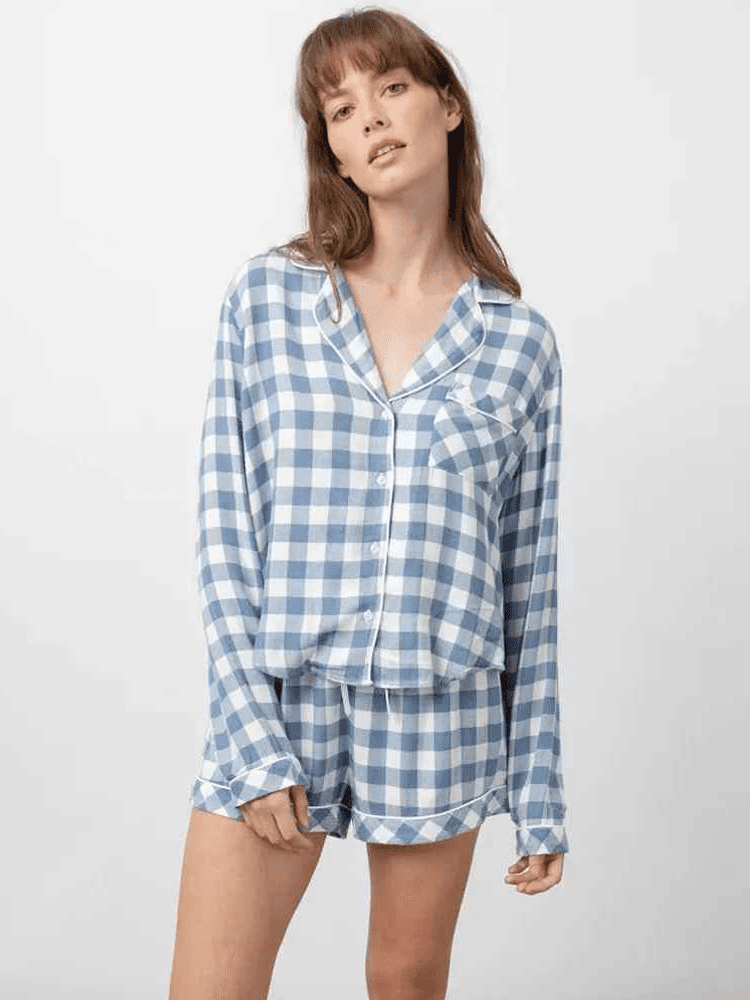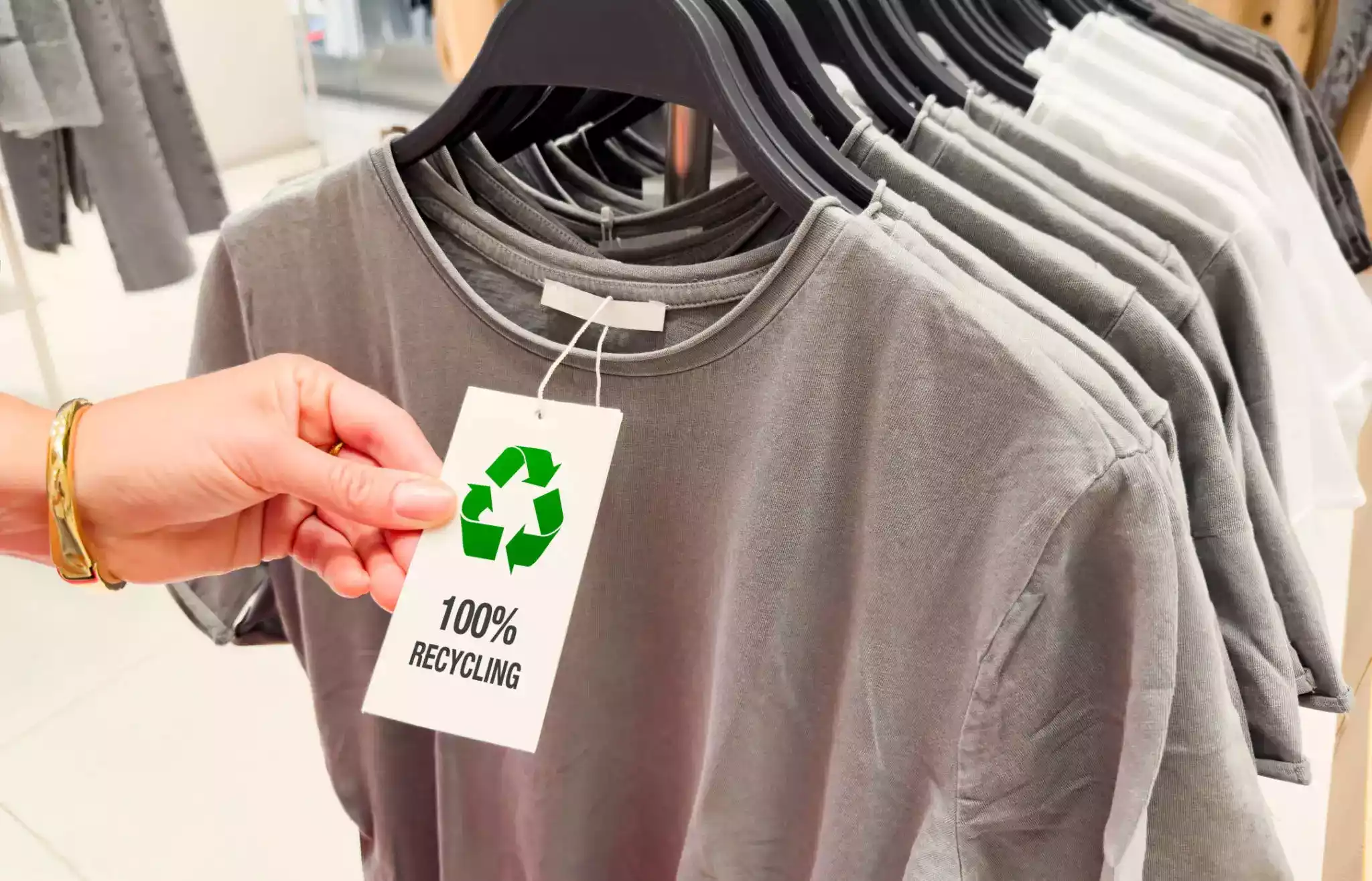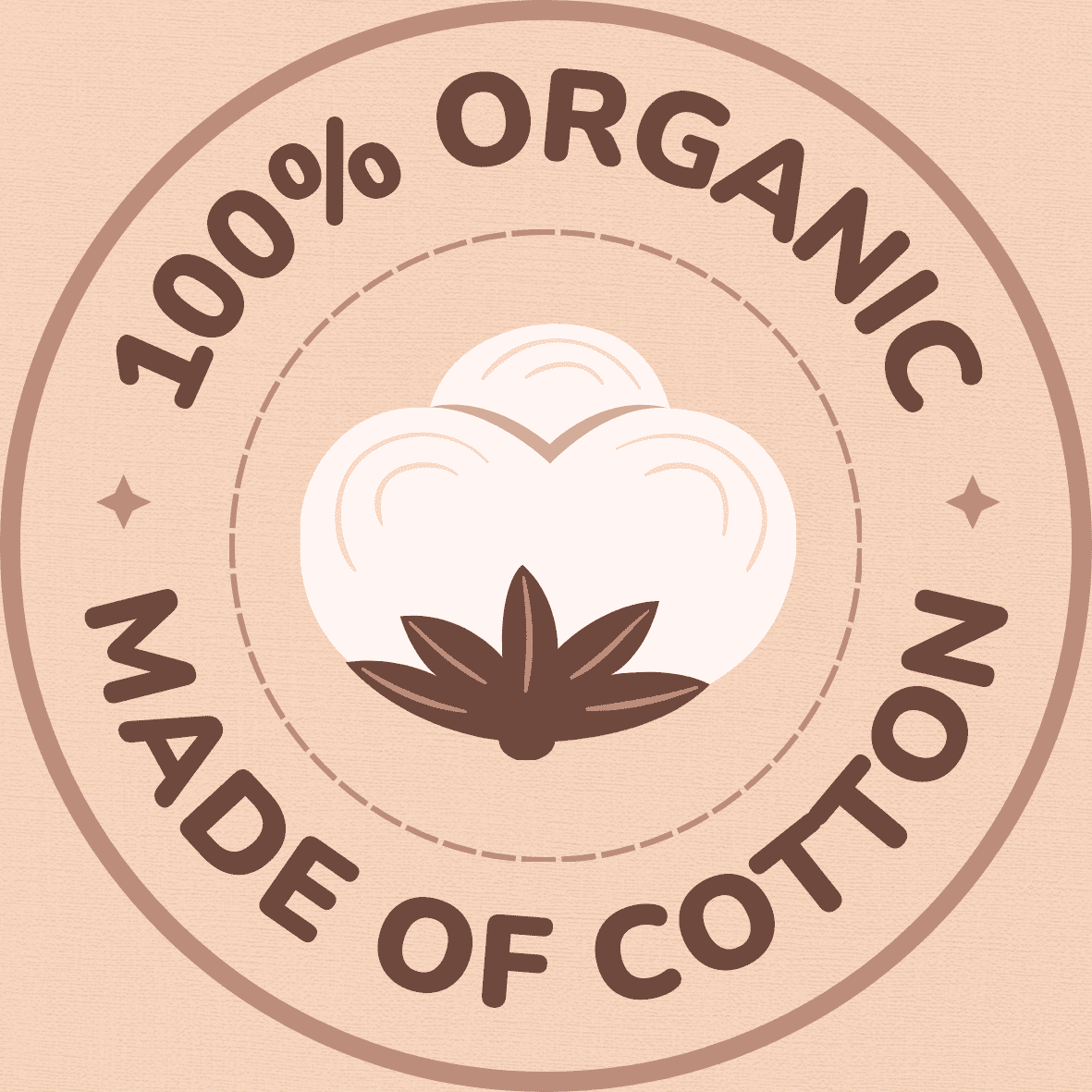In today’s world, where environmental sustainability is becoming increasingly important, the use of sustainable clothing manufacturers is crucial. These manufacturers prioritize ethical and eco-friendly materials, implement fair labor practices, and work towards reducing waste and carbon footprint. Collaborating with sustainable clothing manufacturers can benefit both businesses and consumers by finding the right partner, ensuring transparency and traceability, and building long-term relationships. In this article, we will explore the best ways to utilize sustainable clothing manufacturers and the key takeaways from each approach.
Key Takeaways
- Choose ethical and eco-friendly materials
- Implement fair labor practices
- Reduce waste and carbon footprint
- Find the right partner
- Ensure transparency and traceability
The Importance of Sustainable Clothing Manufacturers

Choosing Ethical and Eco-Friendly Materials
As we prioritize sustainability in our clothing manufacturing process, ethical and eco-friendly materials play a crucial role. We carefully select materials that are sourced responsibly and have minimal environmental impact. By choosing materials such as organic cotton, hemp, and recycled polyester, we ensure that our garments are made from renewable resources and reduce the use of harmful chemicals.
To further emphasize our commitment to ethical and eco-friendly materials:
- We avoid using materials derived from animal products, such as fur or exotic skins, to promote animal welfare.
- We prioritize materials that are certified by recognized sustainability standards, such as GOTS (Global Organic Textile Standard) or Bluesign.
- We strive to use natural dyes and low-impact dyeing processes to minimize water pollution.
By making these conscious choices, we contribute to a more sustainable fashion industry and reduce our ecological footprint.
Implementing Fair Labor Practices
Implementing fair labor practices is crucial for sustainable clothing manufacturers. Fair labor practices ensure that workers are treated ethically and are provided with safe working conditions. It also promotes fair wages and reasonable working hours. By implementing fair labor practices, sustainable clothing manufacturers can create a positive impact on the lives of workers and contribute to a more sustainable and equitable fashion industry.
- Ethical treatment of workers: Sustainable clothing manufacturers prioritize the well-being and rights of their workers. They ensure that workers are not subjected to any form of exploitation, discrimination, or harassment.
- Safe working conditions: Sustainable clothing manufacturers provide a safe and healthy working environment for their employees. They adhere to safety regulations and implement measures to prevent accidents and injuries.
- Fair wages: Sustainable clothing manufacturers pay their workers fair wages that meet or exceed legal requirements. They ensure that workers are compensated fairly for their labor and have access to benefits and social protections.
- Reasonable working hours: Sustainable clothing manufacturers promote work-life balance by implementing reasonable working hours. They avoid excessive overtime and provide breaks and rest periods for their workers.
Tip: Collaborating with sustainable clothing manufacturers who prioritize fair labor practices can help ensure that your brand aligns with ethical and sustainable values.
Reducing Waste and Carbon Footprint
Reducing waste and minimizing our carbon footprint are crucial aspects of sustainable clothing manufacturing. We are committed to implementing various strategies to achieve these goals:
- Implementing efficient production processes that minimize waste generation and optimize resource utilization.
- Adopting recycling and upcycling practices to reduce the amount of textile waste that ends up in landfills.
- Using eco-friendly packaging materials to minimize the environmental impact of our products.
- Partnering with local suppliers to reduce transportation-related emissions.
By prioritizing waste reduction and carbon footprint minimization, we aim to contribute to a more sustainable and environmentally conscious fashion industry.
Collaborating with Sustainable Clothing Manufacturers

Finding the Right Partner
When it comes to collaborating with sustainable clothing manufacturers, finding the right partner is crucial. We understand the importance of working with ethical and eco-friendly manufacturers who align with our values. Here are some key considerations when searching for the perfect match:
- Expertise: Look for manufacturers with expertise in sustainable practices and a track record of producing high-quality garments.
- Certifications: Ensure that the manufacturer holds relevant certifications, such as GOTS (Global Organic Textile Standard) or Fair Trade, to guarantee their commitment to ethical and sustainable production.
- Supply Chain Transparency: Transparency is essential in the fashion industry. Choose a manufacturer that provides full visibility into their supply chain, from sourcing materials to production and distribution.
- Communication: Effective communication is vital for a successful partnership. Look for manufacturers who are responsive, open to feedback, and willing to collaborate.
By carefully selecting the right partner, we can ensure that our sustainable clothing goals are met and that our products are produced in an ethical and environmentally responsible manner.
Ensuring Transparency and Traceability
Ensuring transparency and traceability is crucial when collaborating with sustainable clothing manufacturers. It allows us to have a clear understanding of the entire supply chain and ensures that ethical and eco-friendly practices are being followed.
To achieve transparency and traceability, we can:
- Require detailed documentation from the manufacturer that outlines the origin of materials, the production process, and the transportation methods used.
- Regularly communicate and visit the manufacturer to witness firsthand their operations and verify their claims.
- Implement third-party certifications that validate the manufacturer’s sustainability practices.
By ensuring transparency and traceability, we can confidently promote our partnership with sustainable clothing manufacturers and provide our customers with the assurance that they are supporting ethical and eco-friendly fashion.
Tip: When discussing transparency and traceability with potential partners, ask for specific examples and evidence of their commitment to these principles.
Building Long-Term Relationships
When collaborating with sustainable clothing manufacturers, it is crucial to focus on building long-term relationships. This allows for a deeper understanding of each other’s values and goals, leading to a more effective partnership. Here are some key considerations to keep in mind:
- Communication: Maintain open and transparent communication channels to foster trust and ensure alignment on sustainability objectives.
- Shared Vision: Ensure that both parties have a shared vision for sustainable practices and are committed to working towards it.
- Mutual Support: Offer support and resources to each other, whether it’s sharing knowledge, providing guidance, or collaborating on innovative solutions.
Tip: Regularly evaluate the progress of the partnership and make adjustments as needed to ensure continued success.
By prioritizing long-term relationships, we can create a sustainable fashion industry that benefits both the environment and society.
Conclusion
In conclusion, utilizing sustainable clothing manufacturers is crucial for promoting ethical and eco-friendly practices in the fashion industry. By choosing ethical and eco-friendly materials, implementing fair labor practices, and reducing waste and carbon footprint, we can contribute to a more sustainable future. Collaborating with sustainable clothing manufacturers involves finding the right partner, ensuring transparency and traceability, and building long-term relationships. Together, we can make a positive impact on the environment and society by embracing sustainable fashion.
Frequently Asked Questions
What is a sustainable clothing manufacturer?
A sustainable clothing manufacturer is a company that focuses on producing clothing in an environmentally friendly and socially responsible manner. They prioritize using sustainable materials, implementing fair labor practices, and reducing waste and carbon footprint.
Why is it important to choose ethical and eco-friendly materials?
Choosing ethical and eco-friendly materials is important because it helps reduce the environmental impact of the fashion industry. It ensures that the materials used in clothing production are sourced responsibly, without causing harm to the environment or exploiting workers.
What are fair labor practices in the context of sustainable clothing manufacturing?
Fair labor practices in sustainable clothing manufacturing refer to treating workers with dignity and respect, providing safe working conditions, and paying fair wages. It also includes ensuring that workers have the right to join unions and have their voices heard.
How do sustainable clothing manufacturers reduce waste and carbon footprint?
Sustainable clothing manufacturers reduce waste and carbon footprint by implementing practices such as recycling fabric scraps, using renewable energy sources in production, and minimizing packaging waste. They also focus on designing durable and long-lasting garments to reduce the need for frequent replacements.
How can I find the right sustainable clothing manufacturer to collaborate with?
To find the right sustainable clothing manufacturer to collaborate with, you can research and look for certifications such as GOTS (Global Organic Textile Standard) or Fair Trade. You can also ask for references and visit their facilities to ensure they align with your values and meet your requirements.
Why is transparency and traceability important when working with sustainable clothing manufacturers?
Transparency and traceability are important when working with sustainable clothing manufacturers because they ensure that the entire supply chain is accountable and can be traced back to its origins. It allows for verification of ethical and sustainable practices, ensuring that the claims made by the manufacturer are accurate.




